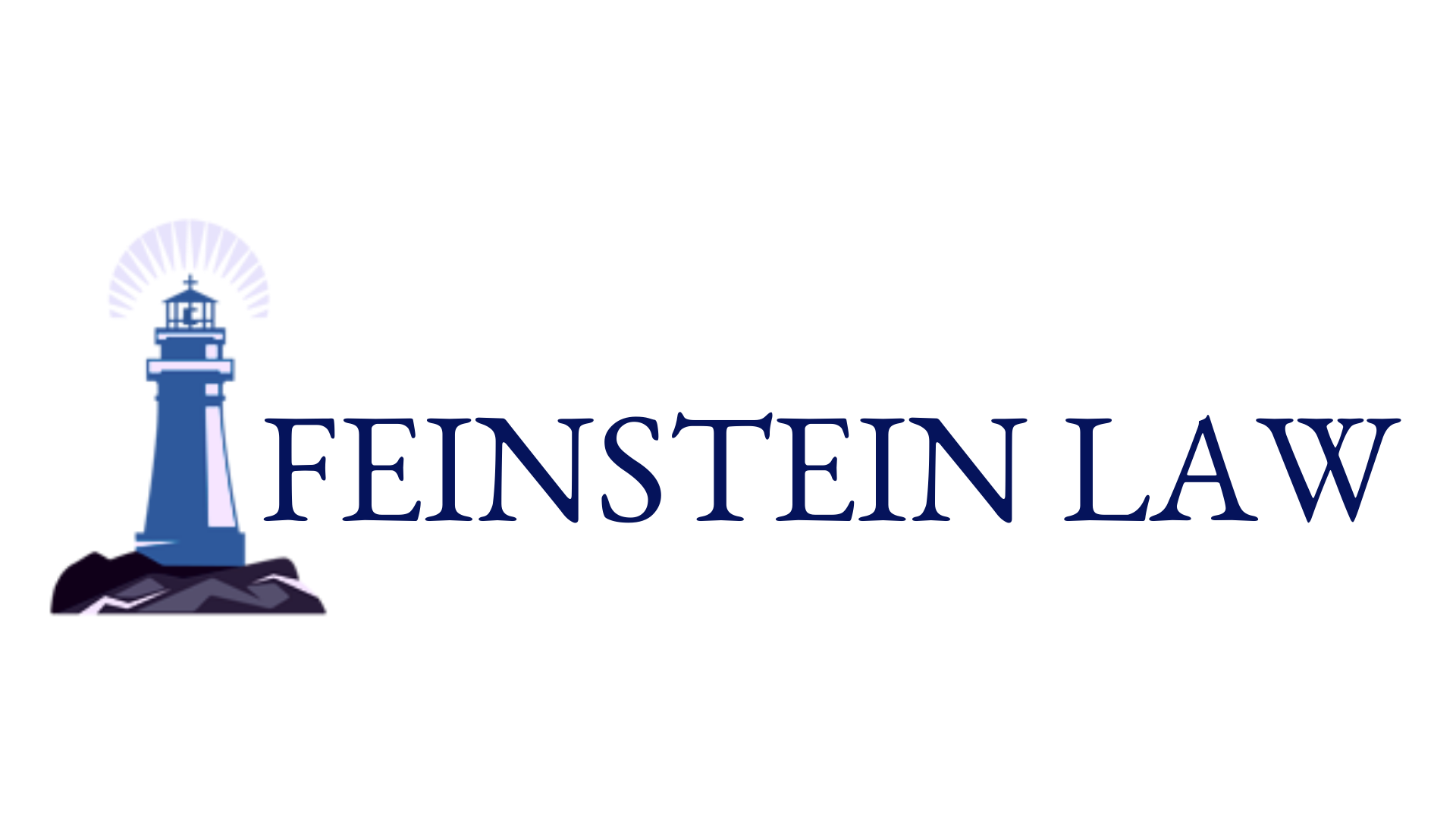We all make decisions in life; some of these decisions are bad and some are good. What will almost always be seen as bad by the U.S. Securities and Exchange Commission (“SEC”) is the lying or fraudulent deception or fabrication of business expenses to investors and the investing public.
This, according to the SEC complaint, in some form or fashion is what occurred with former Polycom CEO and director, Andrew M. Miller.
Background
Miller was Polycom’s CEO from approximately May 2010 and a Polycom Director from approximately June 2010, positions which he held until July 19, 2013, when he resigned both positions. It is what allegedly occurred during this time period which resulted in the SEC filing charges against Miller.
According to the SEC complaint against Miller and the settlement agreement with Polycom, Polycom paid for at least $190,000 worth of Miller’s personal expenses without disclosing these expenses as compensation to Miller on the company’s definitive proxy statements. These expenses allegedly included reimbursements for personal meals, clothing, entertainment, and travel.
What NOT to do
These are some of the highlights of the complaint against Miller and the settlement order with Polycom. These scenarios can provide guidance of actions that could result in SEC filing charges:
- Do not charge personal expenses to a credit card and then, in order to obtain reimbursement from your company, submitted expense reports with false business descriptions.
- Do not direct an administrative assistants to pay for certain personal expenses with their company purchasing cards (“P-Cards”), and provided them with false business descriptions that were recorded as support for the charges.
- Do not have a policy that permits the purchaser to review and approve the P-Card charges incurred by administrative assistants, even though they had been incurred at the purchaser’s direction and on his or her behalf, allowing him or her to dispose of company assets without supervision.
- Do not charged your company expense account for personal air travel.
- Do not permit a purchaser to book and charge flights without providing any description of their purpose, allowing him to improperly use company funds without supervision.
- Do not use create an incentive program for top-performing personnel and use company funds to travel to Indonesia and South America with a friend and girlfriend, respectively, to purportedly conduct “site inspections” for the incentive program.
- Do not use your company to pay for your guests’ luxury accommodations, food, entertainment and activities during these purported “site inspections.”
- Do not direct a company vender to falsely invoice and bury the charges in fake event budget line items.
- Do not omitted compensation disclosures.
- Do not omitted from compensation disclosures any description of the nature of the personal expenses that was obtained.
- Do not violate proxy statements that includes highlighting perquisites as a metric of its corporate governance and pay-for-performance goals and stated that it provided “no excessive perquisites” to its executives.
- Do not incorporated a definitive proxy statements into an annual report by reference if that report is false or inaccurate. Properly amend and disclose the reports to comply with Rule 14a-9 which prohibits the use of proxy statements containing materially false or misleading statements or materially misleading omissions.
What you SHOULD do
These are some of the highlights of the settlement order and can provide guidance of actions that could prevent civil and criminal liability:
- Do thoroughly examine your proxy statements for errors.
- Do maintain a policy and procedure protocol to prevent personal expenses from being paid for by the company.
- Do, as required by Item 402 of Regulation S-K, disclose the total value of all perquisites provided to Named Executive Officers (including CEOs) who receive more than $10,000 in perquisites in a given year.
- Do, as required by Item 402 of Regulation S-K, also disclose of all perquisites by type, and specific identification of any perquisite greater than $25,000 or 10% of total perquisites.
- Do make sure your annual reports are not misleading as required by Section 13(a) of the Exchange Act and Rules 13a-1 and 12b-20 thereunder, which require every issuer of security registered pursuant to Section 12 of the Exchange Act.
- Do implement adequate internal accounting controls relating to the company-issued P-Cards and air travel booking that were sufficient to maintain the accountability of its assets.
Polycom has agreed to pay $750,000 to settle the SEC’s charges, without admitting or denying the SEC’s findings as to the company. The case against Miller continues in federal court. If you are concerned you may have violated the law or believe to know someone who has, please contact us immediately.
Image with permission from http://parrotsoftheworld.
This securities law blog post about the Polycom is provided as a general informational service to clients and friends of Feinstein Law, PA and should not be construed as, and does not constitute, legal and compliance advice on any specific matter, nor does this message create an attorney-client relationship. For more information concerning the rules and regulations affecting the going public direct transactions and direct public offerings please contact Feinstein Law, PA at (619) 990-7491 or by email at Todd@Feinsteinlawfirm.com or JDunsmoor@Feinsteinlawfirm.com. Please note that the prior results discussed herein do not guarantee similar outcomes.

